Search
Research
Association between early bacterial carriage and otitis media in Aboriginal and non-Aboriginal childrenStreptococcus pneumoniae (Pnc), nontypeable Haemophilus influenzae (NTHi) and Moraxella catarrhalis (Mcat) are the most important bacterial pathogens...
Research
Prevalence of and risk factors for human rhinovirus infection in healthy aboriginal and non-aboriginal western australian childrenHuman rhinovirus (HRV) species C (HRV-C) have been associated with frequent and severe acute lower respiratory infections and asthma in hospitalized children.
Research
Adjusting for under-identification of Aboriginal and/or Torres Strait Islander births in time series produced from birth recordsStatistical time series derived from administrative data sets form key indicators in measuring progress.
Research
Reduction in disparity for pneumonia hospitalisations between Australian indigenous and non-Indigenous childrenIn the 1990s pneumonia hospitalisation rates in Western Australia (WA) were 13 times higher in Indigenous children than in non-Indigenous children...
Research
Increased mortality among Indigenous persons during and after release from prison in New South WalesThe objective of this study was to estimate the overall and cause specific mortality of Aboriginal offenders in New South Wales (NSW), Australia.
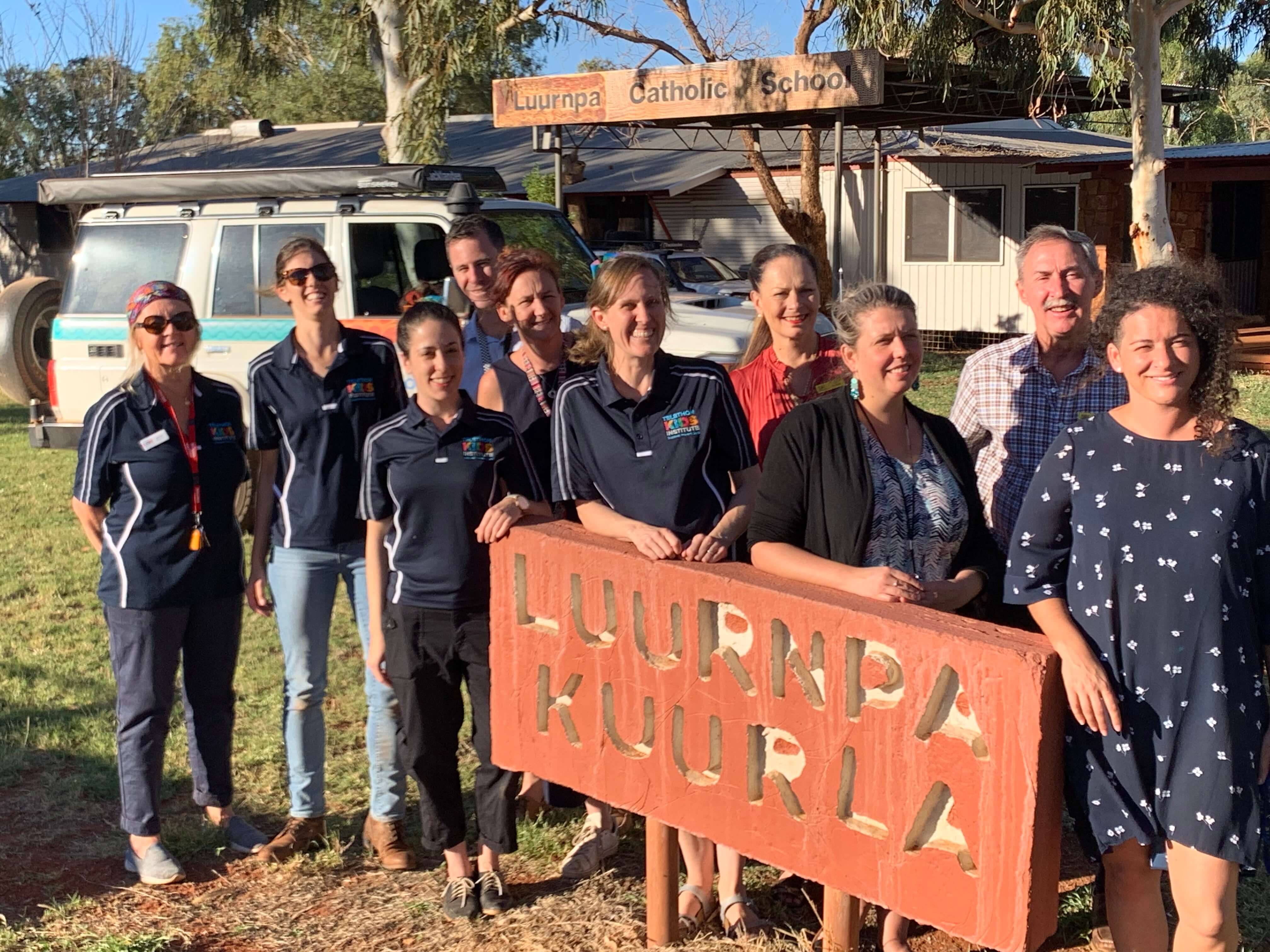
News & Events
First week of school visits mark official launch of the SToP TrialThe The Kids Skin Health team has a busy six weeks ahead - visiting nine communities throughout the Kimberley region of WA as part of the first school surveillance activities for the SToP Trial.
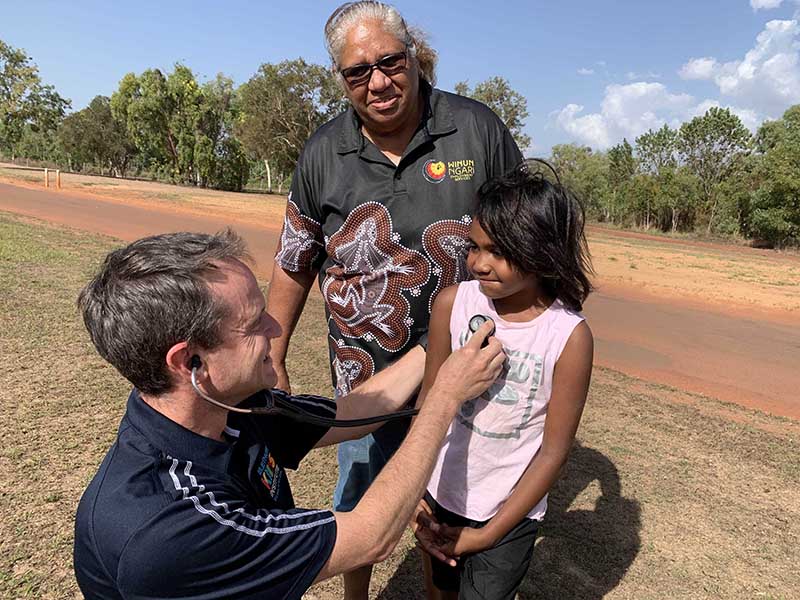
News & Events
Wet cough prevalence among Aboriginal children ‘concerningly high’The Kids Research Institute Australia and Perth Children’s Hospital clinician-researchers have found more than one in ten children across four remote Kimberley communities have protracted bacterial bronchitis.
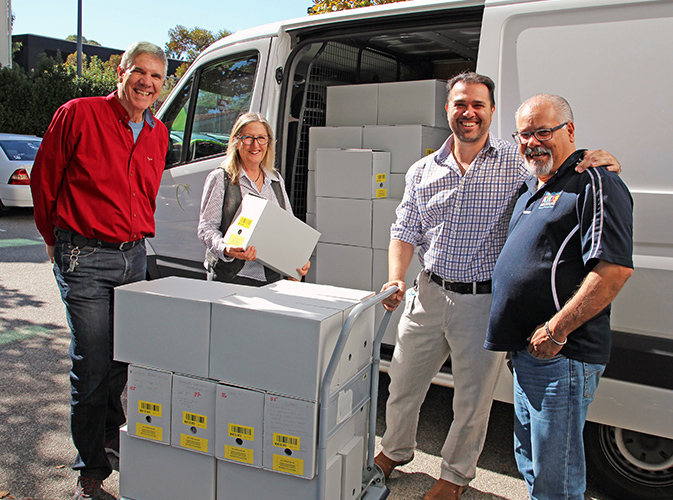
News & Events
WA Aboriginal Child Health Survey preserved for future generationsThe landmark Western Australian Aboriginal Child Health Survey has been placed into archiving at the State Library of Western Australia to be preserved for future generations.
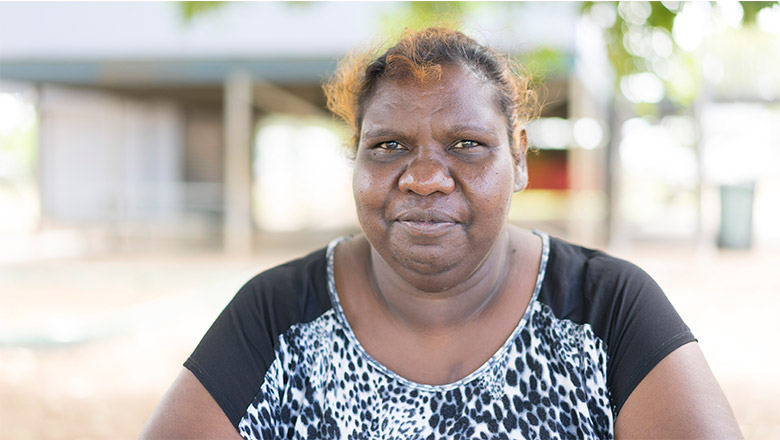
News & Events
New grant to upskill local Aboriginal women as community health researchersAboriginal women in Western Australia's Kimberley region will be become qualified as community health researchers thanks to a grant awarded to The Kids.
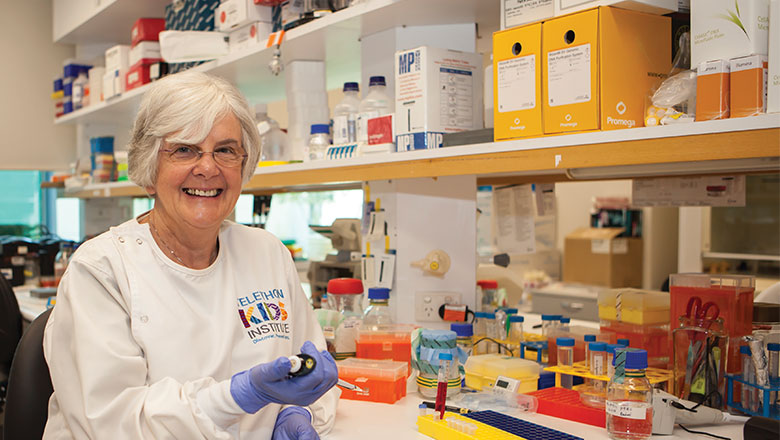
News & Events
A new approach for research with Aboriginal communitiesWinning the support of a remote Aboriginal community paved the way for a pioneering genetics study.
